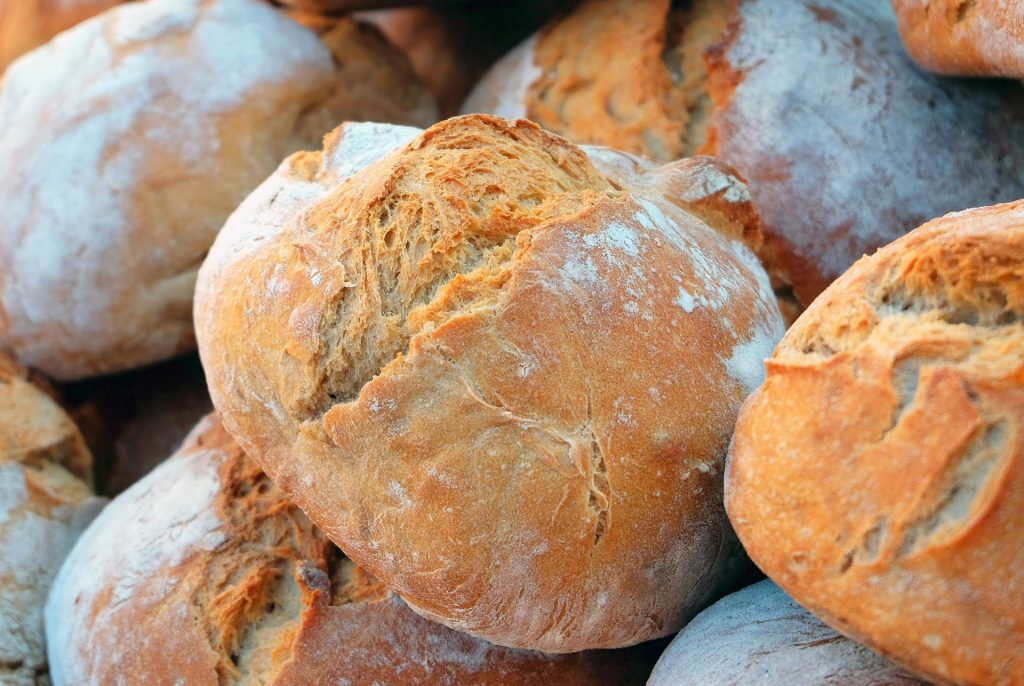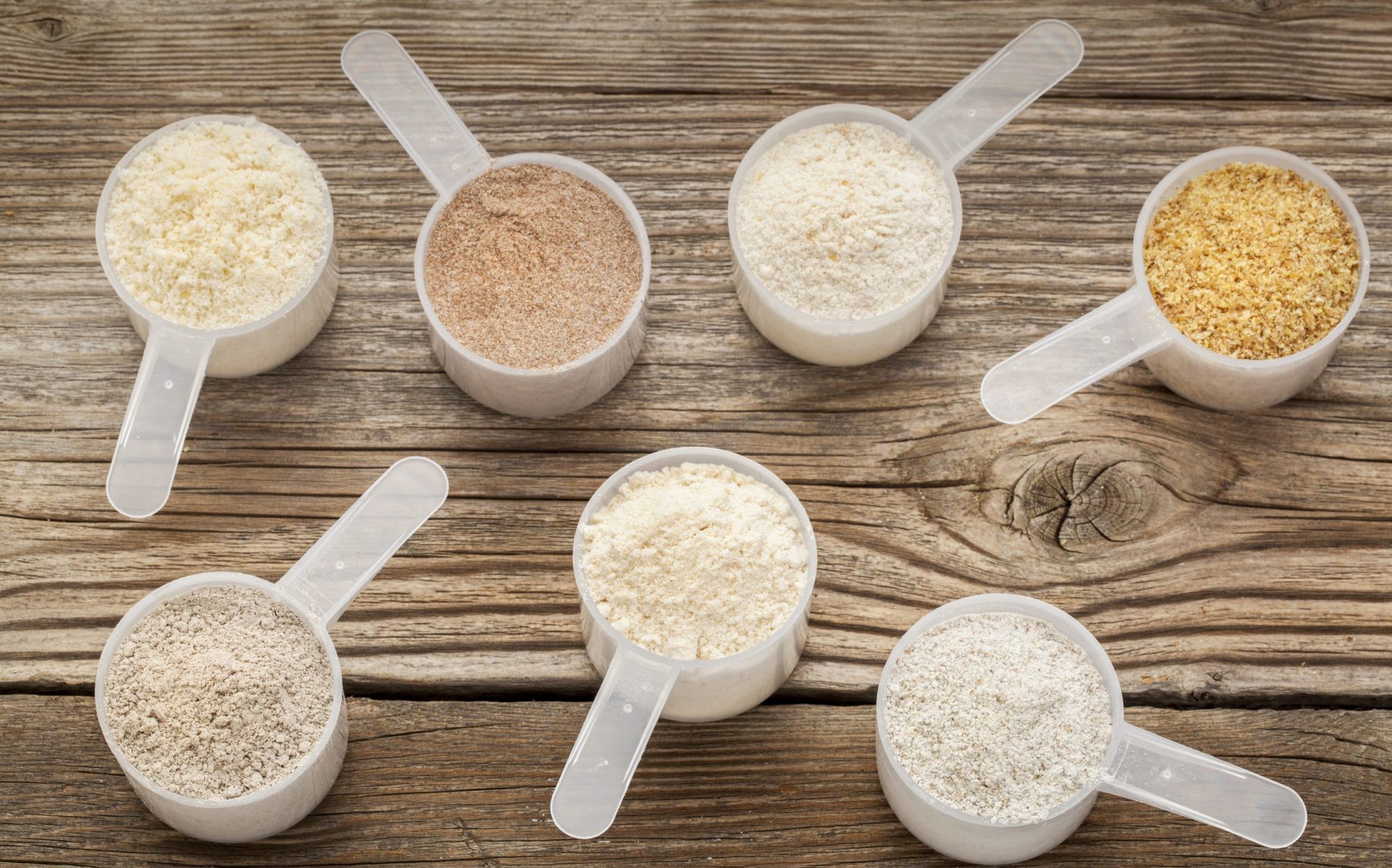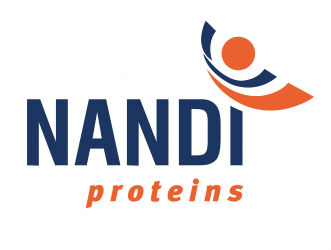Nandi Proteins (“Nandi” or the “Company”) today announces that the Company has won funding from Coeliac UK (the “Charity) and Innovate UK to develop gluten replacements for use in bread from faba beans, oats and rapeseed by-products.

The Charity and Innovate UK are supporting the £250,000 project with a £180,697 grant as part of a strategy to encourage manufacturers to extend their gluten-free product ranges. Consortium members include two food companies, gluten-free specialist Genius Foods and global ingredients business AB Mauri, part of FTSE 100 group AB Foods, and a major UK agronomy firm Agrii, a subsidiary of agri-services group Origin Enterprises. Heriot-Watt University, Edinburgh, will provide food science research facilities.
The project will see Heriot-Watt spin out Nandi use its patented processing technology (see below for an explanation) to create protein concentrates from natural raw materials supplied by Agrii. These materials include faba beans, a naked oat variety with a high protein content and rapeseed press cake (the residual seed material left once oil has been extracted) currently used as animal feed. Genius Foods and AB Mauri will then test the ingredients, adapt their bread formulations, and assess commercial feasibility.
Gluten, a protein found in wheat flour, is the main reason for bread dough’s strength and elasticity. However, people with coeliac disease, a lifelong autoimmune condition, must have a gluten-free diet. Replacements are hard to find. Many industrial gluten-free bread formulations use additives such as xanthan gum to improve structure and result in loaves with poor taste, inferior texture and lower protein content.
It is estimated that one per cent of the UK population is gluten intolerant and 15 per cent of households are looking to remove gluten from their diets.
Nandi’s technology is also being used to develop novel ingredients to replace a range of other additives, fat and sugar in processed foods.
Coeliac UK chief executive Sarah Sleet said: “Coeliac UK is a world leader on coeliac disease, supporting research that makes a real-world impact. The research on innovative gluten-free ingredients will keep the UK ahead in the food industry’s expansion into gluten free.”
Dr Kath Mackay, Director of Ageing Society, Health and Nutrition at Innovate UK, said: “Stimulating innovation in our food and health sectors are crucial components of the government’s industrial strategy. By working with Coeliac UK, we will be able to offer funding that results in improved quality of life for people with this condition and support and stimulate our vibrant health care and food technology sectors.”
Frontier IP chief executive officer Neil Crabb said: “This grant from the UK’s leading charity dedicated to helping people who need to live without gluten and the involvement of three major industry partners represents very strong validation for Nandi’s novel technology. We look forward to the day when sufferers of the disease or those simply looking to avoid gluten can enjoy a high-quality loaf of bread.
“However, replacing gluten is only one of many potential applications for the technology. Others include replacing a wide range of additives, sugar and fat in a whole host of processed foods, from cakes to meats. We are pushing on with development.”

